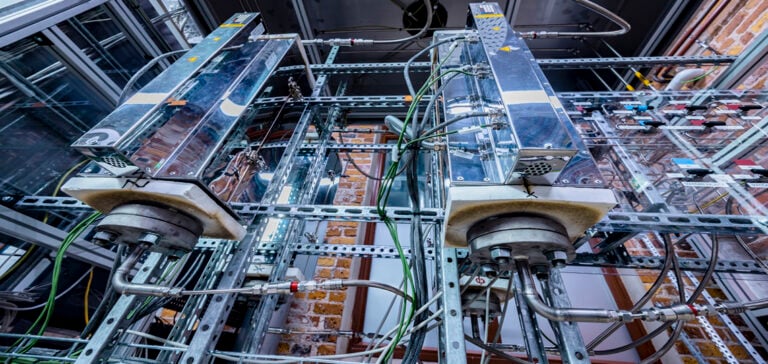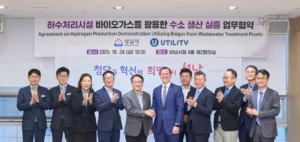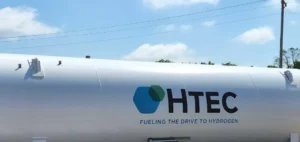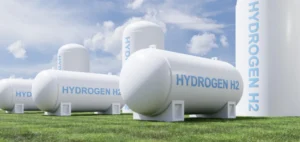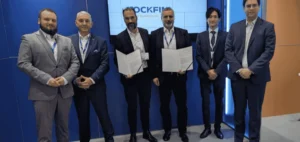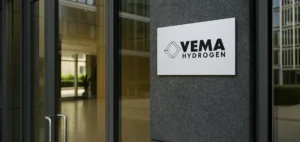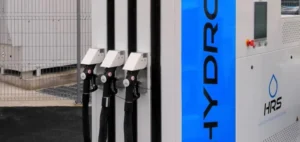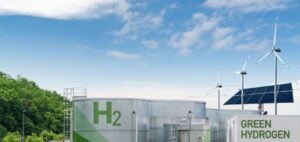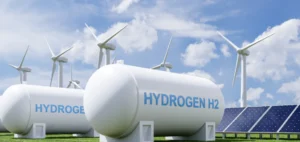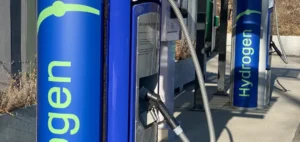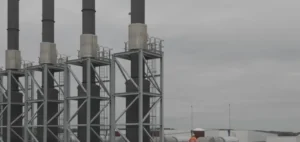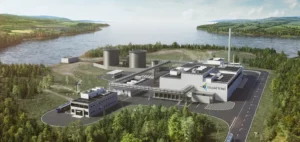NW Natural and Hycamite TCD join forces to produce clean hydrogen. Their initiatives are designed to meet growing energy needs and help reduce greenhouse gas emissions.
A major step forward in the decarbonization of the energy industry
The partnership between NW Natural and Hycamite TCD represents a major step forward in the transition to cleaner energy sources. Large natural gas customers in the NW Natural region may consider facilities using Hycamite’s methane fractionation technology to produce low-carbon hydrogen, often referred to as “turquoise hydrogen”. This cleaner alternative could complement, or even replace, the use of conventional natural gas.
Hycamite CEO Laura Rahikka underlined the company’s commitment to the cost-effective decarbonization of industrial production, and expressed her desire to accelerate production in North America through this strategic collaboration. This is perfectly in line with NW Natural’s long-term vision of reducing carbon emissions and promoting the use of cleaner energies.
Revolutionary Methane Decomposition Technology
Hycamite’s technology is at the heart of this collaboration. It stands out for its ability to break down large quantities of methane into its essential components – hydrogen and carbon – while avoiding the release of greenhouse gases into the atmosphere. The hydrogen thus produced can be used both as an industrial raw material and as a fuel.
What makes Hycamite technology even more attractive is its remarkable energy efficiency. In fact, it requires just 13% of the energy required to produce hydrogen by electrolysis, making it an economically viable and environmentally-friendly solution for large-scale hydrogen production. What’s more, this technology is based on different sources of methane, whether geological natural gas, biomethane or synthetic natural gas.
A key aspect of Hycamite’s technology is its ability to capture carbon in solid form and supply it to its customers in the form of nanocarbon and other industrial-grade products. These carbonaceous by-products, endowed with electrically conductive properties, are ideal for a range of applications, including the production of batteries, supercapacitors, electronics, additives in polymers, composite materials and even in the manufacture of concrete.
This ability to capture and valorize carbon further strengthens the appeal of Hycamite’s technology as a state-of-the-art carbon capture, utilization and storage (CCUS) solution.
Strategic Investments in Energy Transition
As a private technology company, Hycamite has attracted the attention of visionary investors keen to support the transition to cleaner energy. In July 2023, the company successfully raised €25 million (equivalent to US$26.2 million) from the Japanese conglomerate Sojitz and other investors. This injection of funds will help accelerate the development of low-carbon hydrogen and sustainable carbon production.
NW Natural, a local gas distribution company, currently supplies natural gas to over 2.5 million people in more than 140 communities. It owns one of the most modern pipeline infrastructures in the country and operates 21 billion cubic feet of underground gas storage capacity in Oregon. This company, with over 160 years’ experience, is a subsidiary of Northwest Natural Holding Company.
In addition to its commitment to safety and environmental protection, NW Natural is positioning itself as a key player in the energy transition thanks to this promising collaboration with Hycamite.
The collaboration between NW Natural and Hycamite TCD Technologies marks an important step in the search for cleaner, more sustainable energy solutions. By exploring Hycamite’s innovative methane pyrolysis technology, these two energy industry players are striving to reduce carbon emissions while meeting the growing demand for clean hydrogen. This initiative demonstrates that the energy transition is a tangible reality, driven by innovation and commitment to a greener future.


